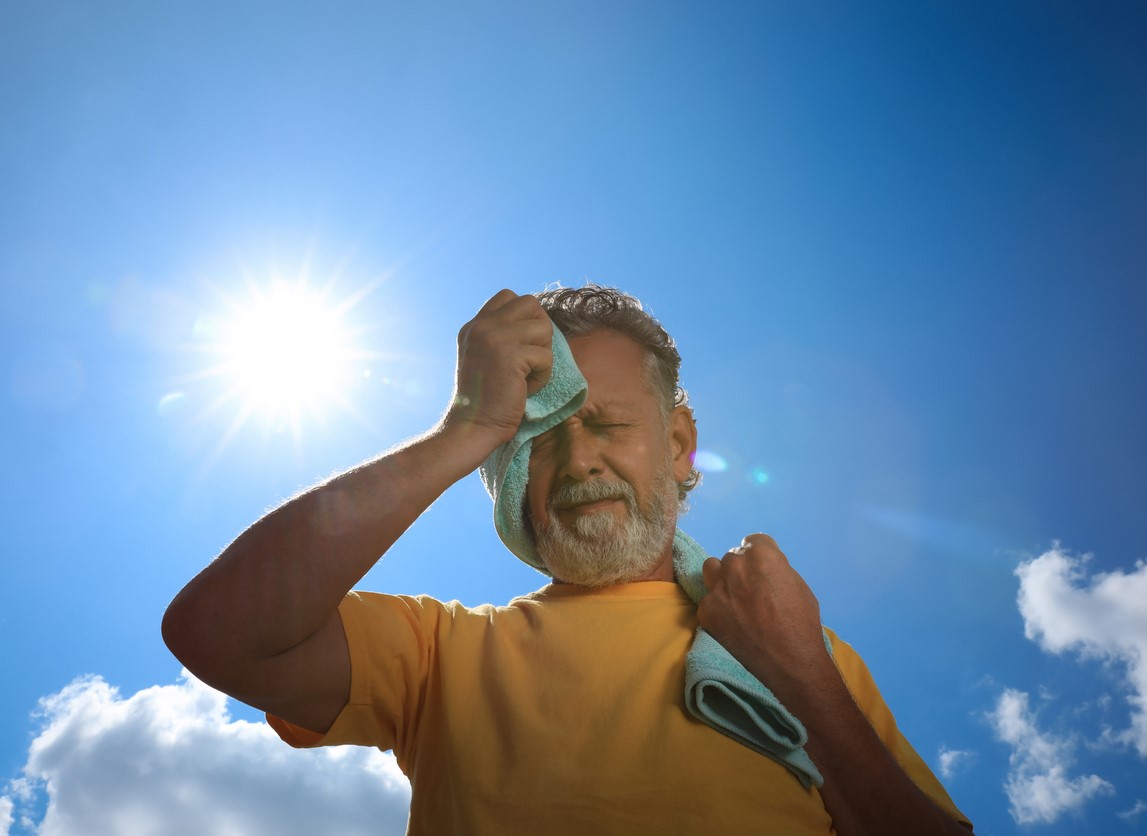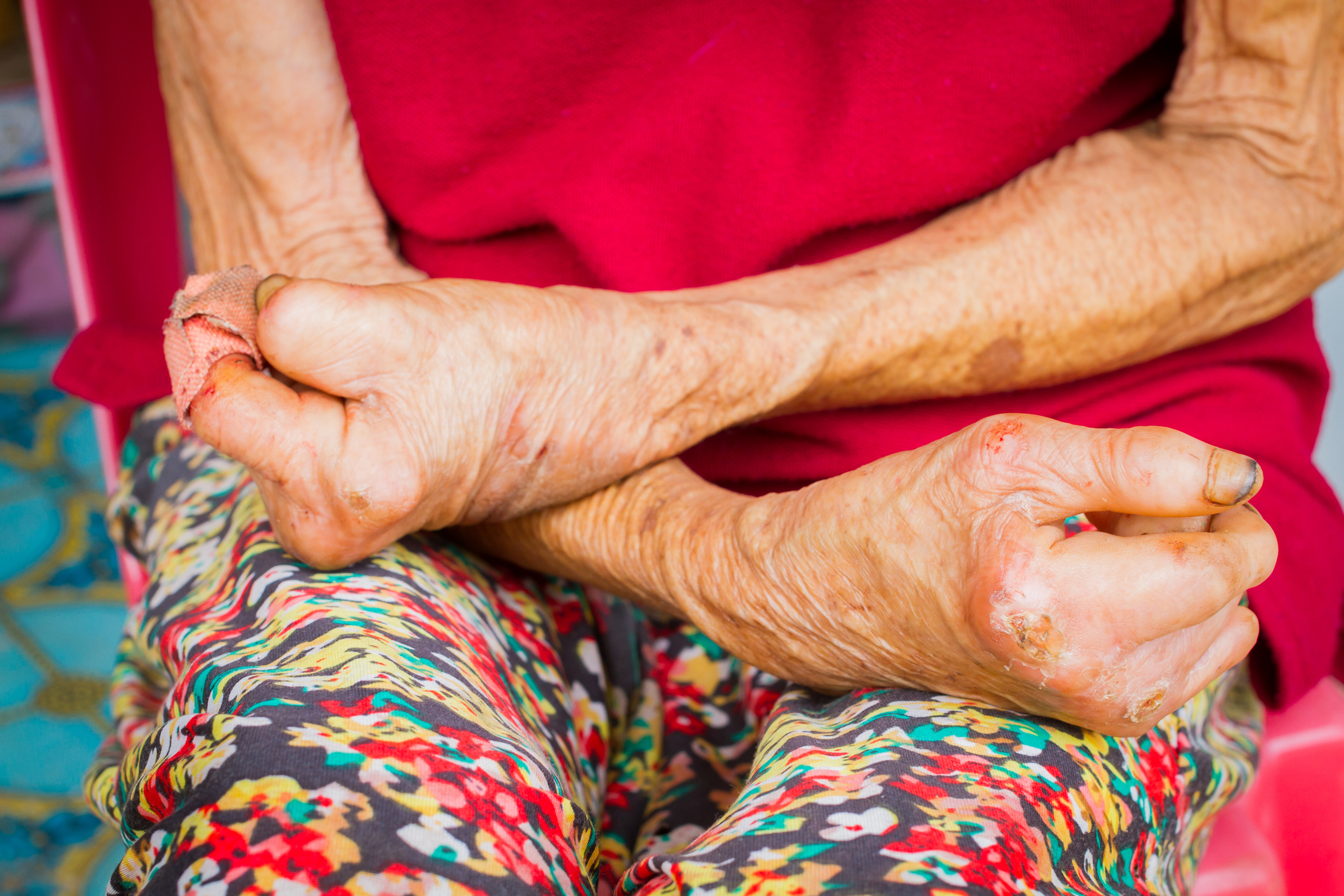2025-07-17
Resilient body, hesitant brain: the subtle cost of neglecting hydration
Public Health and Social Medicine
By Lila Rouland | Published on July 17, 2025 | 3 min read
#Dehydration #Exercise #Cognition #Thermoregulation #Heat
Sustained mild dehydration (SMD)—often overlooked—may subtly but significantly influence our perception of effort, thermal comfort, and mental clarity. A Japanese study sheds light on the invisible consequences of SMD during moderate exercise in hot environments. While physiological functions appear unaffected, perceptual and cognitive impacts are far from negligible. The objective was to assess whether SMD alters autonomic thermoregulatory responses and cognitive function during prolonged moderate-intensity exercise in a warm environment. Unlike acute dehydration caused by exercise or diuretics, this form of dehydration was induced without physical activity, better reflecting common real-life scenarios.
Methodology: a realistic simulation
Twelve healthy young adults (9 men, 3 women; average age: 22) participated in this crossover study. All were regularly physically active, without prior heat acclimatization.
Each participant performed two sessions of exercise in a controlled environment (30°C, 60% relative humidity), one in a euhydrated state (CON) and the other in a mildly dehydrated state (MPD). MPD was induced by a 24-hour fluid restriction, confirmed by a urine specific gravity (USG ≥ 1.020), while euhydration corresponded to a USG ≤ 1.010.
The protocol included:
- 30 minutes of initial rest
- 60 minutes of moderate treadmill exercise (3 x 20 min, with 2 min breaks)
- Recovery phase and cognitive testsMeasured variables included heart rate, core/skin temperature, sweating rate, cognitive performance, and subjective perceptions (thirst, effort, discomfort).
The study evaluated heart rate, body temperature, sweating, cognitive performance, and subjective perceptions such as thirst and effort.
Dehydrated but stable: the body adapts…
Surprisingly, key physiological responses remain intact despite fluid restriction. Heart rate, blood pressure, core and skin temperature, sweating, and skin blood flow are similar in both groups. In other words, the body maintains its thermal regulation, even under mild dehydration.
Sweating occurs normally, skin circulation adjusts, and exercise load (measured by VO₂) does not change. Autonomic systems hold steady, at least in the short term.
…but the brain and perceptions say otherwise
Despite equivalent physiological measurements, subjective perceptions were significantly altered:
- MPD participants reported more intense perceived heat and humidity
- Thermal discomfort and perceived effort (RPE) increased, especially at the end of the exercise
- Thirst sensation was significantly higher before and after exercise
These results suggest that dehydration alters thermal perception without affecting bodily mechanisms, which may have important behavioral impacts.
Cognition: subtle yet significant effects
Two tests were used to assess executive function:
- Go/No-Go task: assesses basic attentional control
- Incongruent Stroop test: evaluates inhibition and cognitive flexibility
Results:
- No significant difference in Go/No-Go task performance
- In the SMD condition, response time in the Stroop test was significantly slower before exercise
- This slowdown diminished post-exercise, likely due to the positive effect of physical activity on cognition
Thus, SMD selectively impairs higher-order cognitive processes, particularly those involved in decision-making , which could affect safety or performance in demanding contexts.
Comfort and alertness: silent warning signs
Physiological thermoregulation is robust, but sensations of heat, discomfort, and mental fatigue are amplified by MPD. These alterations can:
- Lower mental endurance
- Undermine sustained effort
- Increase heat-related and attentional risks
Neurologically, brain areas activated by heat and thirst (insula, anterior cingulate cortex) overlap, which could explain the increased thermal discomfort in MPD.
Bottom line: hydrate to think straight
This study raises critical concerns:
- Mild dehydration distorts thermal perception, even without physiological disruption
- Complex cognitive functions are more vulnerable, increasing potential risk during tasks demanding focus and decision-making
- Behavioral cues like thirst and discomfort should be seen as early warning signals
In short: although SMD does not impair basic thermoregulatory mechanisms, it amplifies subjective fatigue, heat discomfort, and cognitive strain. For professionals exposed to heat, athletes, or supervisors, preventive hydration is essential—not only to support physical function but also to preserve mental sharpness, safety, and performance.
Read next: Mood, memory, inflammation—could it all happen on the plate?
About the Author – Lila Rouland
Doctor of Oncology, specialized in Biotechnology and Management
With dual expertise in science and marketing, Lila brings her knowledge to the service of healthcare innovation. After five years in international academic research, she transitioned into medical and scientific communication within the pharmaceutical industry. Now working as a medical writer and content developer, she is committed to highlighting scientific knowledge and conveying it to healthcare professionals with clarity and relevance.

Last press reviews
Leprosy: a disease still beyond control

By Ana Espino | Published on January 22, 2026 | 3 min read...
Parental alcohol intoxication: the hidden impact on children’s mental health

By Carolina Lima | Published on January 19, 2026 | 3 min read
Obesity: when the kidneys become overwhelmed

By Ana Espino | Published on January 20, 2026 | 3 min read...